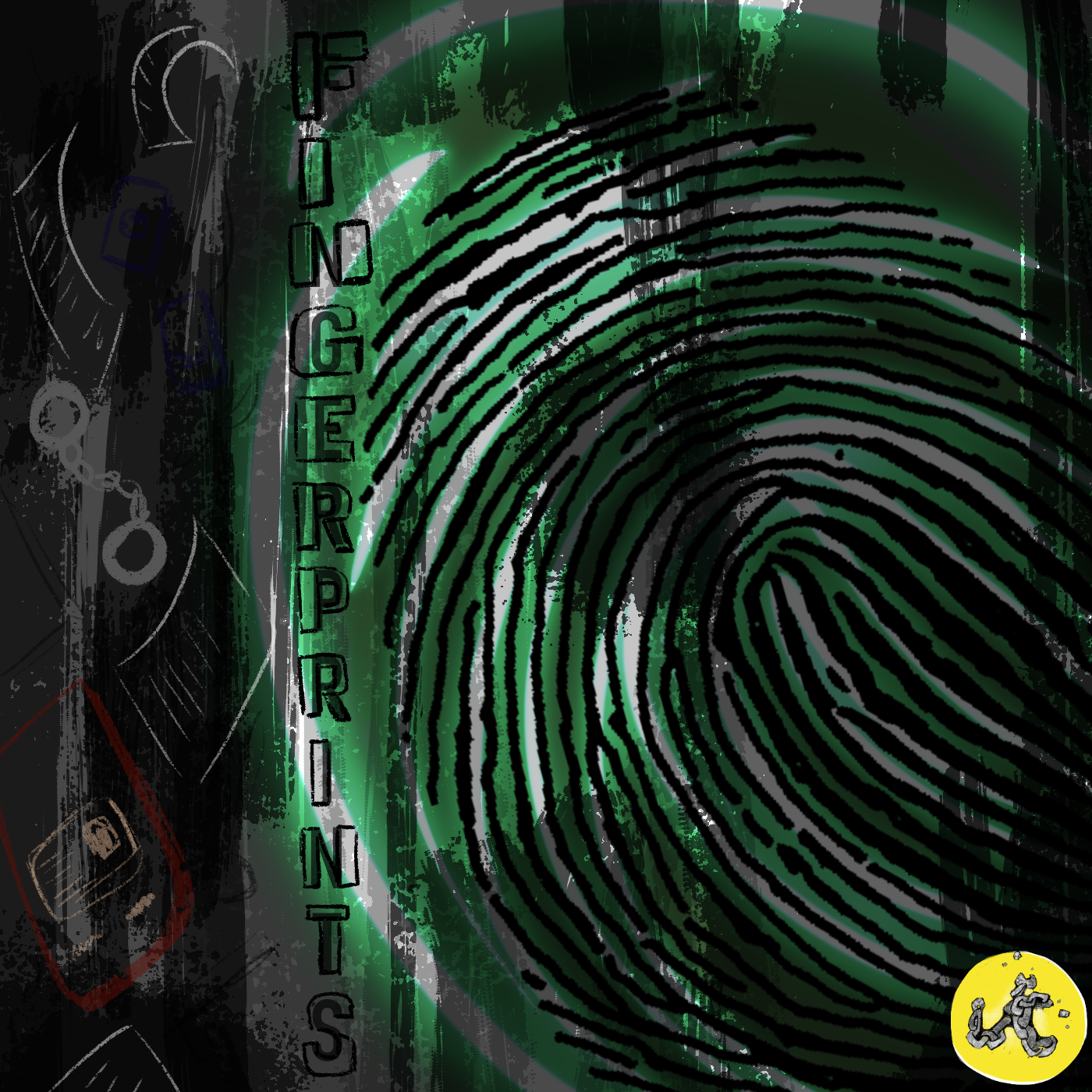Immigration Detention, the Hidden Costs: 2 - Reflection on ‘Reduced to just a number’
Posted:
Time to read:
This guest post is written by a student, Omar Lobban, who took part in an social justice internship programme organised by the Centre for Social Justice Research (CSJR) at Westminster University, in collaboration with AVID - Association of Visitors to Immigration Detainees. The internship is concluding with the exhibition “Immigration detention: past, present and future”, being held at Westminster University on 26th April for a week, at the reception of Regents Street campus.
The Unchained Collective is a group of individuals, some with firsthand experiences of immigration detention and others without, who advocate the transformative power of art to confront the oppressive systems of border violence, and particularly immigration detention. The collective’s driving vision is to end immigration detention for all people, everywhere, recognising it as a violent perpetuation of colonial domination. Most members of the Unchained Collective are based in Britain, where the collective was established in late 2023. This is the third post of a themed series called "Immigration Detention - The Hidden Costs" based on the homonym podcast, of which you can listen to the introduction here.
In this episode Derek talks with Wale about the impact of detention on his life, wearing a tag and being labelled a criminal. He feels rejected by the government and society, but despite the uncertainty he faces for his own future, he encourages those going through similar experiences not to lose hope. He dreams of a world without borders and colonial divisions and hopes for an end to hostility towards migrants.
Detained but Not Silent: Immigrants’ Never-Ending Struggles for Freedom
Detaining individuals solely based on their inability to produce a ‘piece of paper’ is not only unjust and inhumane but also has a dehumanising and desensitising effect. This practice has profound implications for detained people’s emotions and psychological wellbeing.
The challenges faced by individuals in detention centres are extensive and include loss of liberty, isolation, separation from family and friends, the stigma of being perceived as ‘different’, fear of deportation, language problems, diversity issues, legal uncertainties, and lack of support regarding legal matters. These experiences compound the complex needs of individuals in detention centres, leading to traumatic outcomes.
Derek’s experience in an immigration detention centre illustrates the violence perpetrated by the state in its effort to territorially remove individuals from the country. While in a detention centre, his ordeal included the fear of deportation, cultural isolation, family separation, legal uncertainties, language barriers, and diversity issues, all of which were profoundly traumatic for him. Upon being released on bail, while his immigration case was still pending, Derek continued to grapple with the stigma of being perceived as a criminal, seen as a second-class citizen, and feeling rejected and unwanted. The electronic tagging device on his foot further compounded his distress, restricting his mobility. He has no source of income and with unsettled immigration status, he was unable to work or participate fully in society.

Critiquing the detention system:
Detention violates individuals like Derek’s fundamental human rights and dignity. Coupled with the uncertainty about the future and isolation from loved ones, being in detention takes a severe toll on detained people’s mental health. As in Derek’s case, they face numerous challenges which exacerbate their vulnerability and hampers their ability to navigate the complex immigration system. Detained people often face stigma and discrimination, both during their detention and upon release, which lead to social exclusion and barriers of integration into society.
Pathways to change:
- Abolish detention/removal centres;
- Call for an end of hostile immigration policies;
- Implement community-based alternatives to detention that prioritise humane treatment and respect for individuals subject to immigration proceedings;
- Provide individuals subject to immigration proceedings with access to free legal representation, interpretation services, and support programs to help them understand their rights, legal process, and access to essential services such as healthcare and counselling independent of the Home Office;
- Raise public awareness about the realities of immigration detention and advocate for transforming policy to prioritise human rights, dignity, and social justice;
- Engage with stakeholders, including policymakers, civil society organisations, and, above all, affected communities, to promote dialogue and action towards meaningful change;
- Most importantly, promote financial support for countries who have been historically impacted by colonialism and imperialism to help them build up public infrastructures to create more jobs and opportunities for a dignified life for all.
You can listen to the introductory episode embedded above, on Acast, and on Apple Podcasts.








